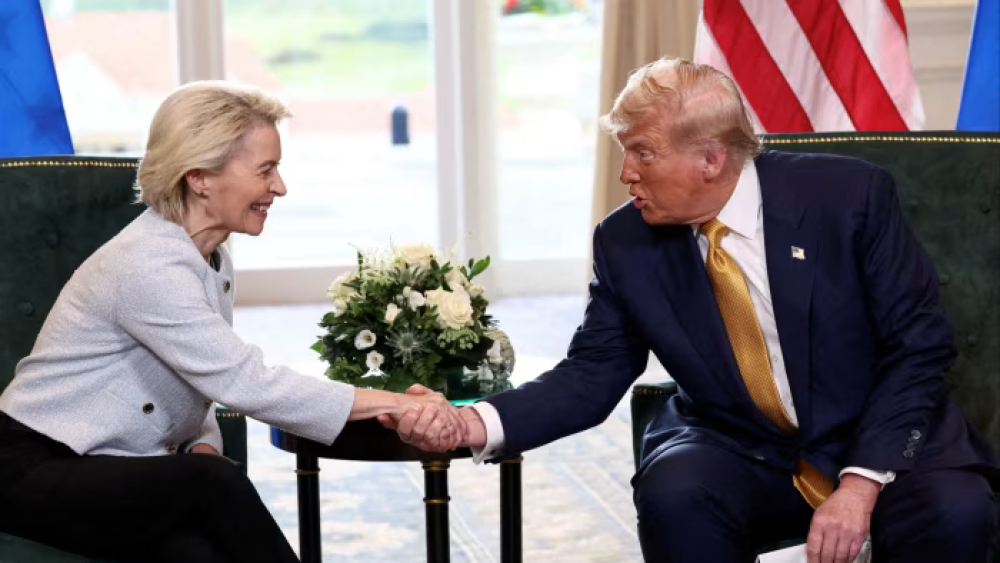
Google “quay xe” bất ngờ: chấp nhận ký quy tắc AI của EU trong khi Meta phản đối quyết liệt
-
Google xác nhận sẽ ký Bộ quy tắc thực hành phát triển AI do Liên minh châu Âu (EU) ban hành, giúp củng cố nỗ lực của EU trong việc áp đặt luật AI nghiêm ngặt nhất thế giới.
-
Bộ quy tắc này hướng dẫn cách các mô hình AI đa năng phải tuân thủ Đạo luật AI của EU, bao gồm: đảm bảo an toàn khi sử dụng AI, bảo vệ bản quyền cho người sáng tạo và yêu cầu minh bạch về dữ liệu huấn luyện.
-
Kent Walker, Giám đốc pháp lý Google (Alphabet), cho biết việc ký Bộ quy tắc nhằm giúp công dân và doanh nghiệp châu Âu tiếp cận công cụ AI an toàn, nhưng cũng cảnh báo rằng một số yêu cầu có thể kìm hãm sự phát triển AI tại châu Âu.
-
Google lo ngại các điều khoản như tiết lộ bí mật thương mại, yêu cầu phê duyệt chậm hoặc vượt quá luật bản quyền có thể làm giảm sức cạnh tranh của châu Âu.
-
Dù vậy, Google vẫn tham gia cùng OpenAI và công ty Mistral (Pháp) trong việc ký kết. Microsoft cũng “nhiều khả năng” sẽ tham gia trong thời gian tới.
-
Ngược lại, Meta từ chối ký, cho rằng bộ quy tắc gây ra "nhiều bất định pháp lý" và “vượt xa phạm vi AI Act”, có thể “ bóp nghẹt” phát triển AI tiên phong tại châu Âu.
-
Meta chịu áp lực khi các CEO lớn như của Airbus và BNP Paribas kêu gọi tạm hoãn 2 năm việc thực thi luật AI, vì lo ngại ảnh hưởng tới khả năng cạnh tranh của EU.
-
Dù bị chỉ trích từ Mỹ và các tập đoàn công nghệ, EU tuyên bố không thay đổi lập trường và giữ quyền tự chủ trong quản lý không gian kỹ thuật số.
-
Đạo luật AI của EU dự kiến chính thức có hiệu lực vào đầu tháng 8/2025, tạo ra khung pháp lý bắt buộc đầu tiên trên thế giới với các mô hình AI lớn như Gemini, Llama và GPT-4.
📌 Google quyết định ký bộ quy tắc AI của EU, cùng với OpenAI và Mistral, đánh dấu bước ngoặt trong cuộc chơi pháp lý AI tại châu Âu. Trong khi đó, Meta phản đối mạnh mẽ, cảnh báo quy định sẽ làm chậm bước tiến AI. Đạo luật AI của EU – sẽ có hiệu lực trong tháng 8 – đang định hình lại toàn cảnh phát triển công nghệ toàn cầu.
https://www.ft.com/content/97ee867c-64c2-44ee-a519-36ca670ed565
Google set to sign EU code of practice on development of AI
Thảo luận
Follow Us
Tin phổ biến



